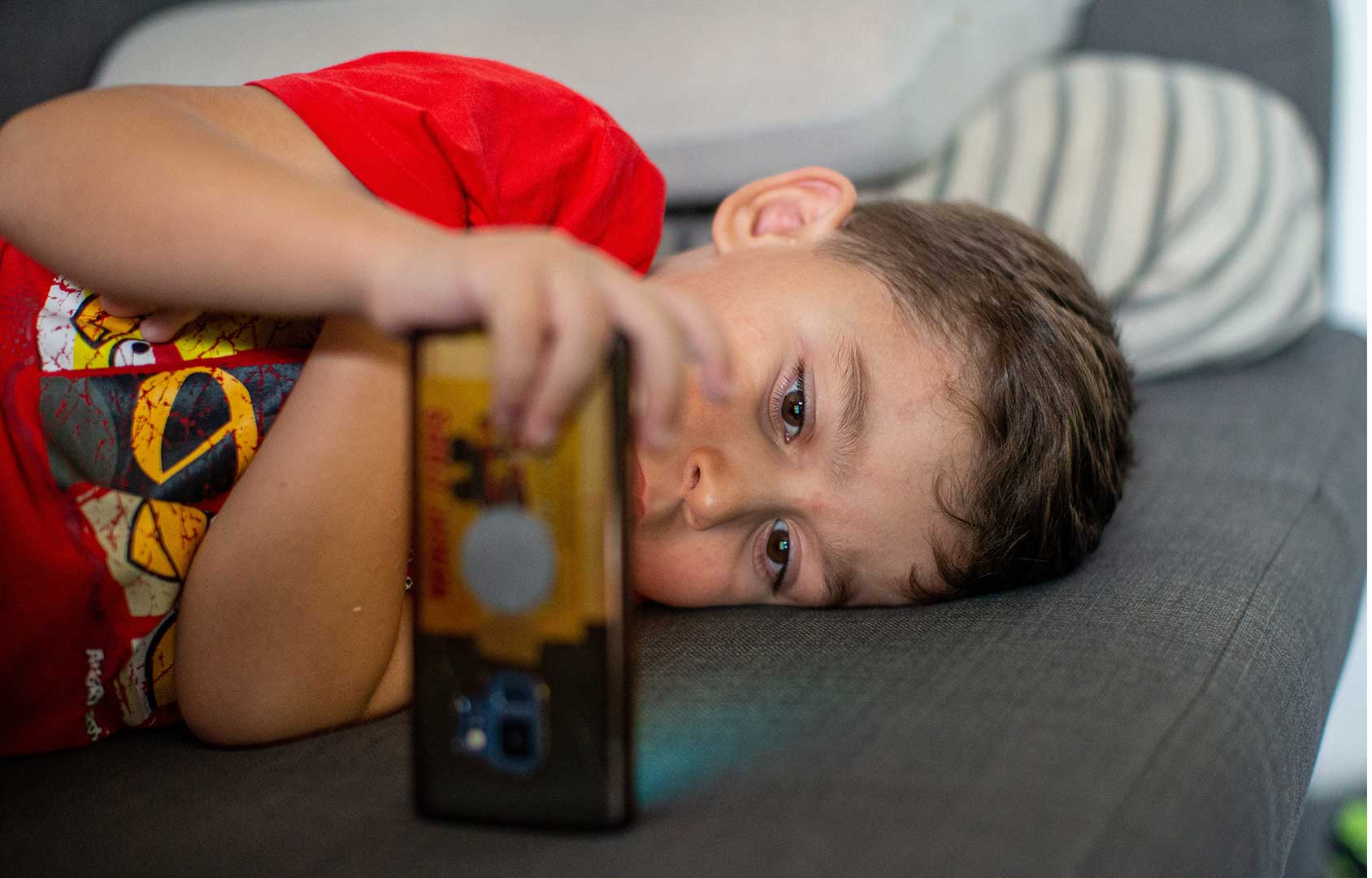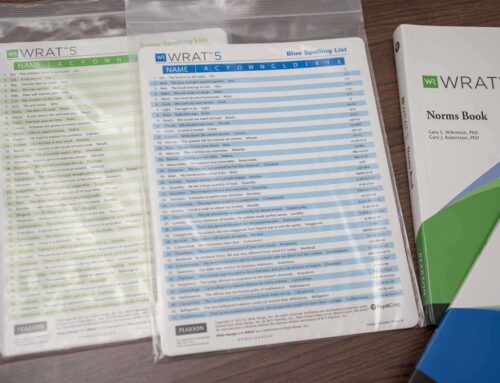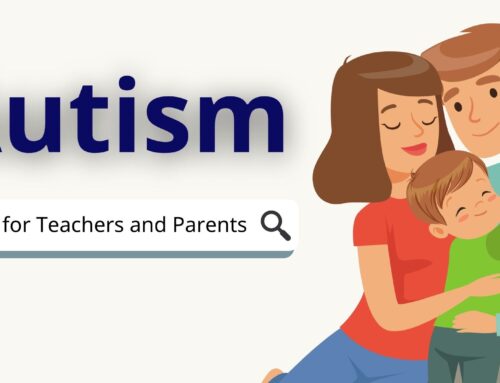Technology has undeniably revolutionized our lives, offering connection, information, and entertainment at our fingertips. But for individuals on the autism spectrum (ASD), the digital world presents a unique set of opportunities and challenges. While technology can be a powerful tool for autistic individuals, it’s crucial to understand the potential for excessive screen time and develop healthy habits.
Why Technology Appeals to the Autistic Mind
Many autistic individuals find the predictability and structure of the digital world comforting. Online communities can provide a safe space for social interaction, where communication can be more literal and less reliant on nonverbal cues. Technology can also be a source of intense focus and repetitive stimulation, which some autistic individuals crave. Educational apps and games can cater to specific learning styles, and visual resources can be particularly helpful for those who process information best through sight.
The Risks of Unbalanced Tech Use
While technology offers numerous benefits, excessive screen time can have drawbacks. Studies suggest a potential link between prolonged screen use and difficulties with social interaction, sleep disruption, and even sensory processing issues in autistic individuals. Technology can become a crutch, hindering the development of crucial life skills like face-to-face communication and emotional regulation.
Finding the Right Balance
The key lies in creating a healthy relationship with technology. Here are some tips:
- Set time limits: Establish guidelines for screen time and stick to them. Consider using parental control apps or timers.
- Promote alternative activities: Encourage real-world social interaction, physical activity, and hobbies that don’t involve screens.
- Embrace the power of co-engagement: Engage in technology use together. Explore educational apps, play games side-by-side, or use video calls to connect with loved ones.
- Focus on quality over quantity: Choose technology that is enriching and promotes learning.
- Seek professional guidance: If you’re concerned about your child’s technology use, consider consulting a therapist specializing in autism.
We are the leading resource center dedicated to supporting individuals and families living with autism. We understand the complex relationship between autism and technology. Our team of experts can provide personalized guidance on developing healthy technology habits, fostering social skills, and maximizing the benefits of the digital world for autistic individuals.





Leave A Comment